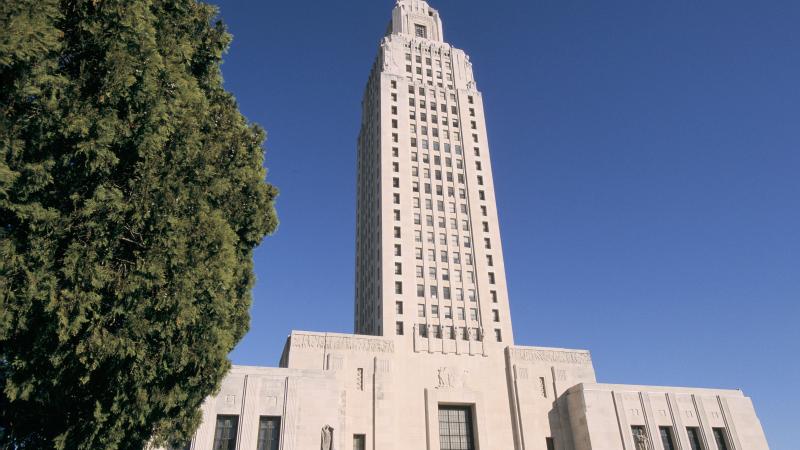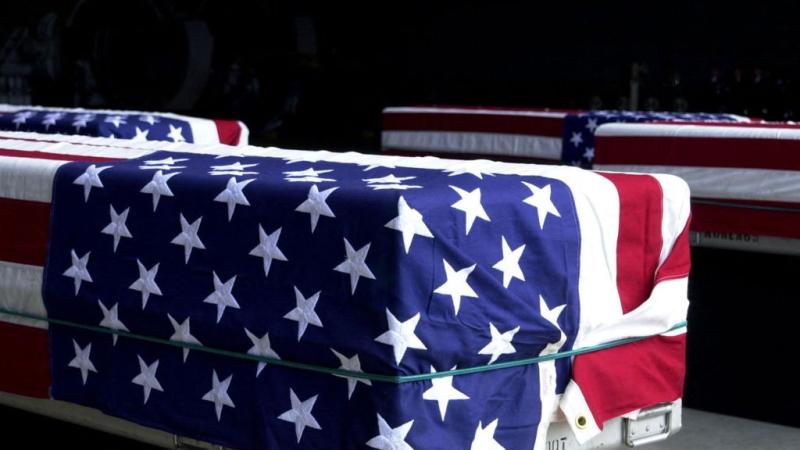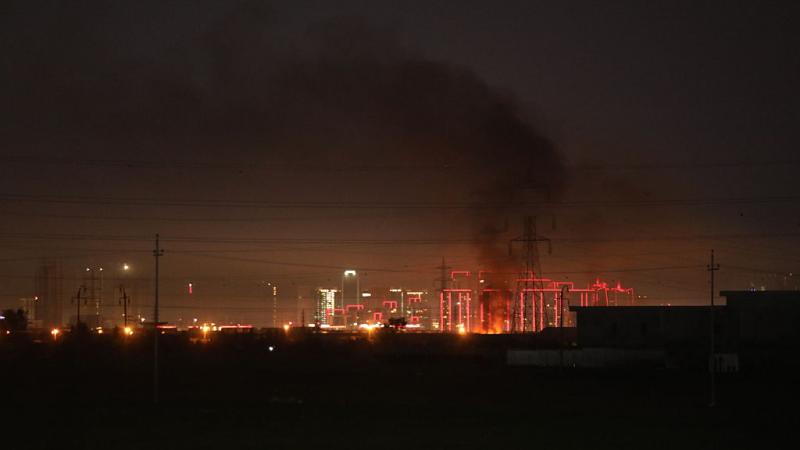Watchdog alleges unions skirted rules to receive millions in COVID-19 business loans
Report released by the Freedom Foundation concluded approximately 226 loans totaling $36.7 million were distributed to labor unions and affiliated organizations that weren't entitled to them.
The Small Business Administration-administered Paycheck Protection Program paid out millions of dollars to ineligible unions, according to a new report released by the Freedom Foundation.
The Freedom Foundation investigated the SBA’s database of PPP loans, and concluded approximately 226 loans totaling $36.7 million were distributed to labor unions and affiliated organizations. The first round of PPP loans explicitly states such entities were ineligible for the government funds prior to March 11, 2021.
“The Small Business Administration knew as early as July 2020 that Paycheck Protection Program loans were being approved for unions that weren’t eligible to receive the funds,” Maxford Nelsen, Freedom Fund director of Labor Policy, told The Center Square.
Nelsen, author of the report, titled “Profiting from a Pandemic: How Ineligible Unions Collected Millions in Federal Covid Relief Funds,” continued: “As far as I can tell, the SBA simply neglected to do anything about it. It continued to issue loans to unions, including second loans in some cases, and to forgive previously issued loans to ineligible unions. Hopefully the inspector general investigates what went wrong and the agency takes steps to recover the funds.”
The FF report also discovered:
• 181 loans totaling $32.6 million to labor organizations under § 501(c)(5) whose applications were approved prior to March 11, 2021;
• 23 loans totaling $2.9 million to union-operated voluntary employees’ beneficiary associations under § 501(c)(9) whose applications were approved prior to March 11, 2021;
• 3 loans totaling $208,000 to union operated building corporations under § 501(c)(2) whose applications were approved prior to March 11, 2021;
• 3 loans totaling $179,000 to public employee advocacy organizations operating under § 501(c)(4) who were never eligible;
• One loan for $76,400 to a union registered under § 501(c)(6) whose application was approved prior to Dec. 27, 2020; and,
• 15 loans totaling $749,000 to unions and affiliated organizations whose eligibility is suspect due to an apparent lack of IRS filings denoting nonprofit status, failure to file tax returns with the IRS for multiple years, use of a residential address not associated with a union or organization on the PPP loan application or obtaining a tax status inappropriate for a union.
According to Nelsen, SBA records currently indicate that at least $24.2 million of the $36.7 million in union-related loans identified by the Freedom Foundation have now been forgiven.
Among the unions applying for a PPP loan prior to March 2021 was the Michigan Education Association, a state-based teachers union affiliated with the National Education Association. The MEA applied for and received more than $6.4 million in PPP loans, the highest amount uncovered by the Freedom Foundation.
As reported by the Lansing State Journal last June, the MEA returned the funds.
“When MEA applied for the Paycheck Protection Program, there was tremendous uncertainty about whether public school educators would continue to be paid during the pandemic,” spokesman David Crim said in a statement quoted by the LSJ. “If payment to educators had been discontinued, they would have been unable to pay the dues needed for MEA to support our educators and help them provide a world-class education to our students.
“Once it was clear educators would continue to be paid, MEA paid back the loan in full because it was the right thing to do,” Crim added.
Nelsen said the MEA was right to return the money, but noted they should have not applied for the loan because the SBA guidelines made clear the union was ineligible to receive the money.
“It’s troubling enough that politically active unions were getting taxpayer subsidies they weren’t legally eligible for,” Nelsen said. “But it gets worse when you realize that some eligible small businesses, which were being crushed by the government lockdowns advocated for by government unions, were unable to access the tens of millions of dollars in relief that unions inappropriately received.”
Nelsen noted at least a dozen other teachers unions and advocacy groups received PPP loans totaling $6.8 million. Another dozen unions representing government employees – including the American Federation of State, County and Municipal Employees (AFSCME) – received $1.5 million.
“It only adds insult to injury to know that teachers’ unions were getting federal funds all while trying to keep schools closed, and that labor groups that engage primarily in political advocacy received taxpayer dollars to do so,” Nelsen said in a news release. “That hundreds of labor unions received tens of millions of dollars in federal COVID relief for which they were legally ineligible represents failure on so many levels.”
“Unions shouldn’t have applied for — likely fraudulently — aid for which they weren’t eligible,” Nelsen said. “The lenders, themselves affiliated with unions in some cases, should have done their homework or not looked the other way when approving the unions’ applications. And the Small Business Administration should have had better controls in place to ensure that only eligible organizations were being approved for loans.”
In his report, Nelsen places blame on the loan applicants, the lenders who processed the loans, and the SBA. He said the Freedom Foundation has submitted its findings to the SBA’s Office of Inspector General and the Department of Justice’s National Center for Disaster Fraud for further investigation.
















